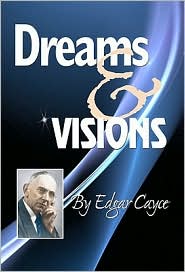Personal Home Power Plant
The Box. Bloom Energy has been working on a new fuel cell that can power homes using less energy. The inventor is K. R. Sridhar, CEO of Bloom Energy, has invented a miniature backyard power plant that could generate enough power for your home without any connection to the local electric grid. A self-contained power source within your own residence that makes clean and efficient energy. Sridhar envisions his tiny power box in every home in the conceivable future.
Bloom Energy sees a great market for this kind of independent and future supplanted energy source to replace costly big power plants and grid transmission. The whole design is green tech friendly and a nice alternative. No precious metals used, the Bloom Energy fuel cell incorporates flat wafer technology, and easily fabricated without the need of a clean room.
The Bloom Box and Sridhar were covered in a 60 Minutes news report by Leslie Stahl about the benefits and potential of this new device. Bloom Energy plans to lower the cost to $3000 and reduce its size of The Box thus enabling all Americans to have one in their own basement. Generating your own electrical power wirelessly, no need for cables or loss of efficiency from transmission. Up to twenty large companies are seriously taking note and are already using/testing The Box. Big companies like Google, Wal-Mart, and FedEx have secretly purchased the Bloom Energy Boxes. 60 Minutes - The Bloom Box (February 21, 2010)
Bacteria Spark
Electric Microbe. Professor Derek Lovely knows that most people distain from hearing about bacteria, but one noticeably helpful microbe, Geobacter, is proving to be very beneficial in making electricity. Geobacter has tiny hair-like extensions called pili that it uses to generate electricity from wastewater and mud. BIOTECHNOLOGY: Microbes Behave as Electrical Nanowires.(microbial nanowires)(Geobacter): An article from: Nanoparticle News
Discovering bacteria like Geobacter that can handle electrons with its
hair-like highly conductive structure may provide a simple way to producing energy. Professor Lovely believes micro-organism cultures such as this can ultimately create reasonably cheap bio nanowires and efficient natural fuel cells as an alternative form of creating electrical power.





























0 comments:
Post a Comment